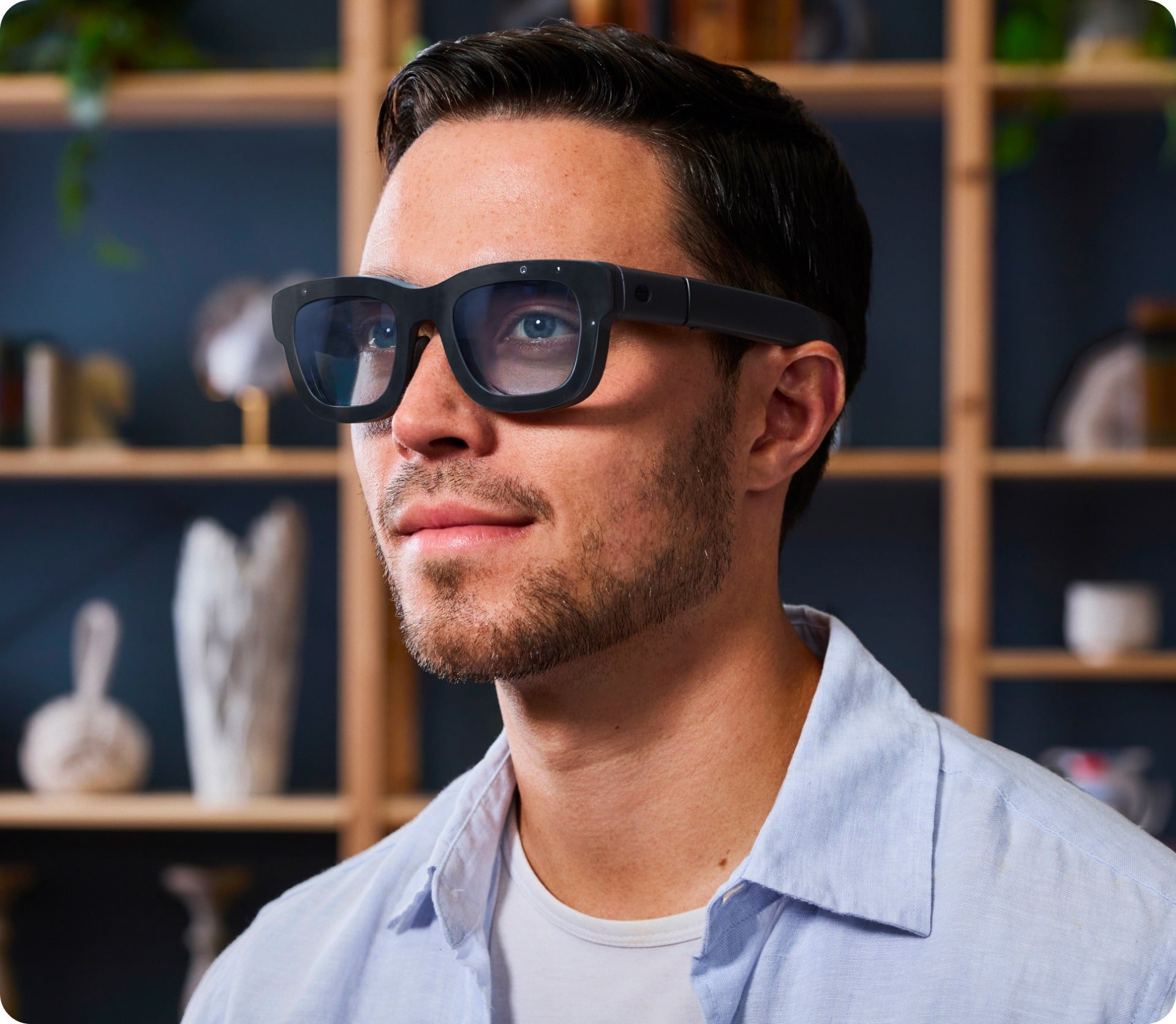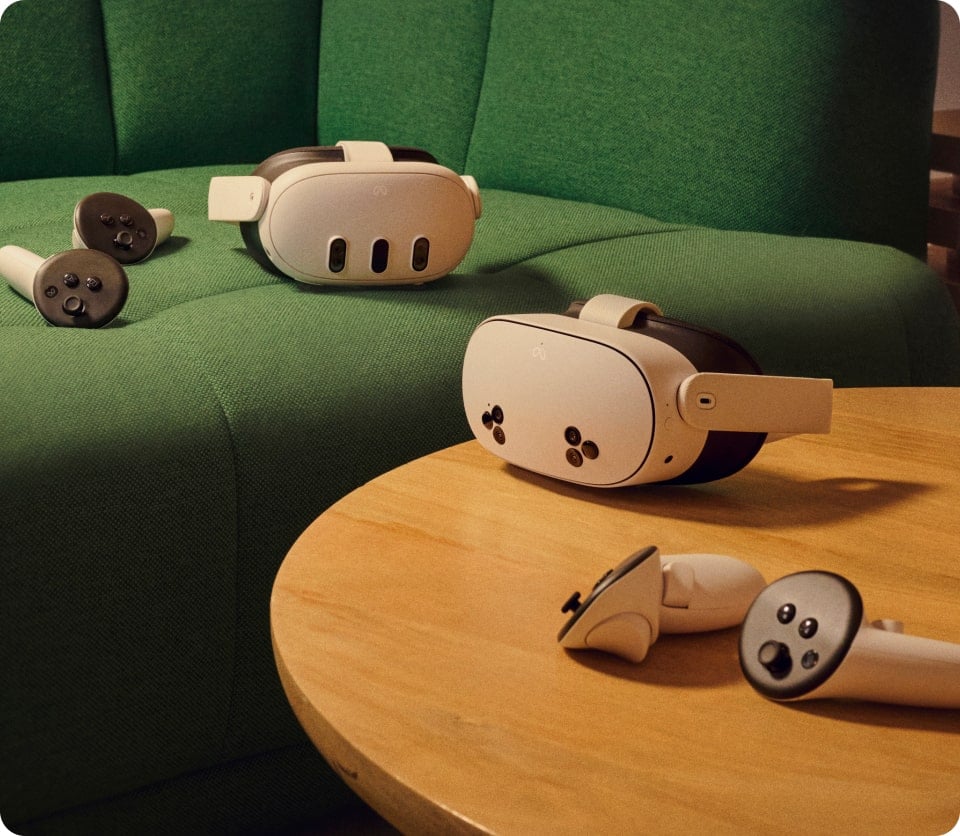Meta unveiled its first pair of augmented reality (AR) glasses “Orion” as well as updates to the company’s Ray Ban smart glasses and Meta Quest headset at the company’s developer event.
Meta Connect 2024 — the company’s developer conference — took place at its headquarters in Menlo Park, California on Wednesday.
The event featured a keynote from Meta CEO Mark Zuckerberg who showcased the company’s slew of new hardware products.
This included new Meta Quest headsets, upgraded Ray-Ban Smart glasses, and a prototype of the company’s first real AR glasses — the culmination of Zuckerberg’s longstanding vision for the “metaverse.”
Orion: ‘The Most Advanced AR Glass Ever Made’
The Meta CEO presented Orion, a prototype he called “the most advanced glasses the world has ever seen.”

While there is no release date for Orion, Zuckerberg says the product will eventually become Meta’s “first consumer full holographic AR glasses.”
The smart glasses can project digital representations of media, people, games, and communications onto the real world. Orion interacts with the wearer’s voice, typing, or hand gestures.
![]()
But it also has a “wrist-based neural interface” which lets the wearer send a signal from their brain to the device, using a wristband that translates nerve signals into digital commands.
Unlike a bulky headset, Orion weighs less than 100 grams (3.5 ounces) and has no wires. Zuckerberg has framed the product as a move away from desktop computers and smartphones into eyewear that can perform similar tasks.
“A lot of people have said this is the craziest technology they’ve ever seen,” the Meta CEO told a cheering crowd on Wednesday.
An Affordable Meta Quest Headset and Upgraded Ray-Ban Smart Glasses
At the Meta Connect event yesterday, Zuckerberg also debuted an entry-level version of its Meta Quest line of mixed-reality headsets: the Meta Quest 3S.

Starting at $299.99, the Meta Quest 3S is being positioned as the best headset for individuals new to mixed reality and immersive experiences, or who might have been waiting for a low-cost upgrade from Quest and Quest 2.
The lower price point may also further intensify pressure on Apple’s competing Vision Pro and its $3,499 cost.
Ray-Ban’s Meta smart glasses are also getting upgrades with the addition of real-time AI video processing, which lets wearers ask the device questions about what it can see in front of them.

Ray-Ban’s Meta smart glasses will also be getting a smartphone-like reminder feature; live language translation between English and French, Italian, or Spanish; and full integration with music streaming apps such as Audible and Amazon Music.
Image credits: All photos by Meta.
